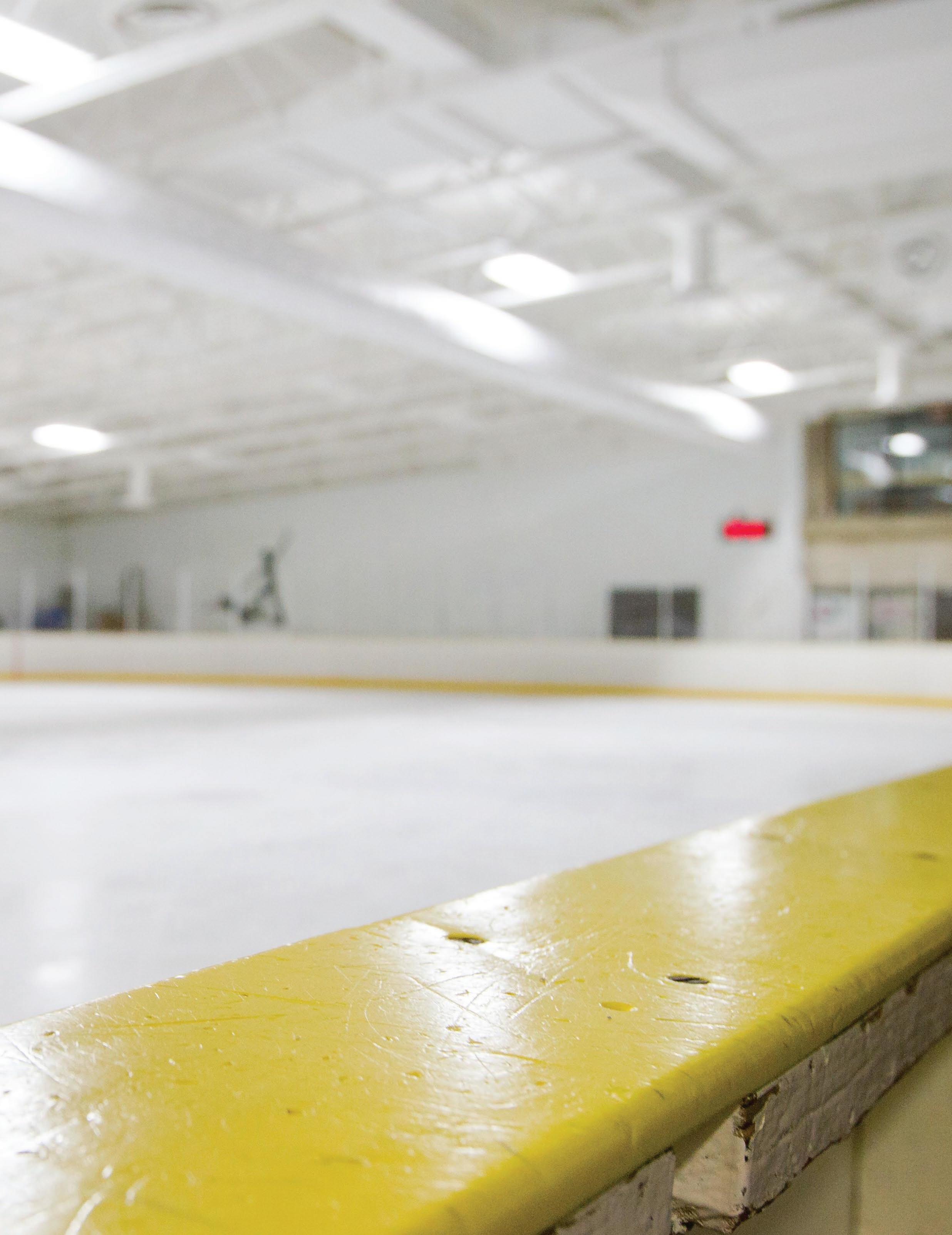
5 minute read
Rebuilding Your Coaching Career in a Post-COVID-19 World
By Terri Milner Tarquini
Advertisement
“If you fall down, you get back up—and then you keep going,” said Denise Viera, a registered PSA coach with the NV-Ice Skating Group, who has coached skaters in Connecticut, Virginia, and Florida for over 20 years. “The most important aspect is the ‘keep going’ part. There is no regroup time in skating. Not only do you have to get right back up, but you also have to move ahead and act like the fall didn’t even happen.”
The keep going aspect is the very fabric of what skating is- and now that some ice rinks have reopened it will be at the heart of the rebuilding process for figure skating coaches everywhere.
“The ‘get back up and keep going’ is so central to what we’re teaching – and now we’re being called upon to do what we’ve always told our students to do every day,” Viera said. “It is time for us to walk the walk.”
It is a challenge the skating world is uniquely prepared for, having been devastated before.
“As a sport, we’ve been here,” Viera said. “In 1961, we lost the entire figure skating team, as well as coaches and officials. We got back up, kept going, and rebuilt. Resiliency is built into figure skating.”
“Survivors in all of this will be resilient and flexible,” Viera said. “If you’ve said, ‘I’ll never teach Learn to Skate again, or I’ll never work at that rink or with that coach,’ it’s time to re-evaluate those outlooks or you might not make it through. The road to success does not run through ‘never’ land.”
Viera, currently a senior advisor at the U.S. Department of Justice, has over 30 years of experience improving severely distressed communities through economic and social capacity building; developing and implementing policies and programs related to trauma-informed community building, small business development, and natural disasters on the local, state, and national levels; and provides mentoring and coaching in the areas of business and career development.

“This has been a disaster, so we as coaches need to approach it like disaster recovery,” Viera said. “Turning around a tough situation takes planning, innovation and introspection.” Here are some thoughts from Viera to help navigate—and improve—your coaching, post-Coronavirus:
• Conduct damage assessment. “Hopefully coaches have already been doing this. You don’t want your students or their parents to feel like you didn’t check in at all and you only came back around once the rinks were reopening. To them, that starts to feel like, ‘You only care about the money.’ It’s important to keep in contact so they know you miss them and that you are looking toward the future with them.”
• Do some self-analysis. “This break should provide you with what your real, deep down values and coaching goals are. So many people just sort of fall into coaching after their skating careers are done, but coaching is like any type of leadership role and it needs to be approached as such. Your job is to get someone else to do their best work so you need to be clear with your philosophies and goals so you can help them shape theirs.”
• Embrace this time as an opportunity for structural change. “Everything and everyone will be rebuilding so take this time to maybe establish or renew ties with other coaches or potential partners in the community. It’s also a good moment to possibly re-analyze time usage by yourself and your skaters and maybe more clearly define how time should be spent. There are a lot of different directions this thinking could go, but with structural change comes opportunity. If you are open to change and see it as an opportunity, then this could end up being great for you.”
• Take some time to align your customer base. “This is an opportunity to build a plan with your student and the parent that everyone really buys into. This time away from the rink can get the message across that skating is temporary so, if we’re going to do it, then let’s really do it and here’s the plan on how.”
• Focus on building a consistent brand. “You have identified who you are and who your customer is so now you can create some tools for your brand. It’s important to really align your brand with your philosophy so you stay grounded in what’s important to you and resist the urge to jump at everything because you’re worried about the future. It will feel good for you to have a plan for yourself. This is a great moment to think about those things.”
• Collaborate on ways that can reset yourself and your business. “Sometimes we say, ‘We are all in the same boat,’ but in this instance, we actually are all in the exact same boat. This is a time to look at your relationships at the rink —with coaches, rink managers, off-ice trainers and so on—and ask yourself, ‘Can we collaborate?’ And, if there have been contentious relationships in the past, ‘How can we more peacefully co-exist?’”
“Parents might be having some financially hard times too, and be sensitive to that, but you have bills to pay as well,” Viera said. “Be clear about when payments are due and how payments are made. This is a business where we love our students, but it is still a business.”
Going forward after “The Great Pause,” can be a positive experience for those who have taken some time to look in the metaphorical mirror.
“Know your brand and know opportunities when you see them,” Viera said. “Know your worth and go get it.”










